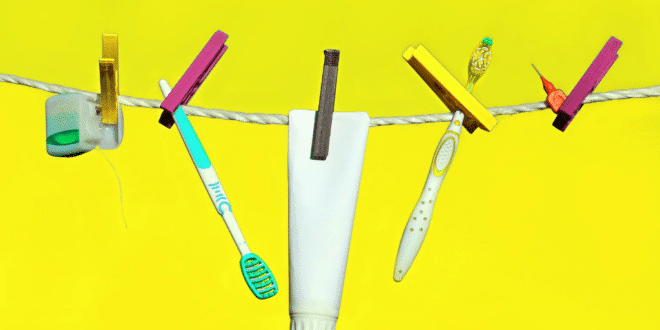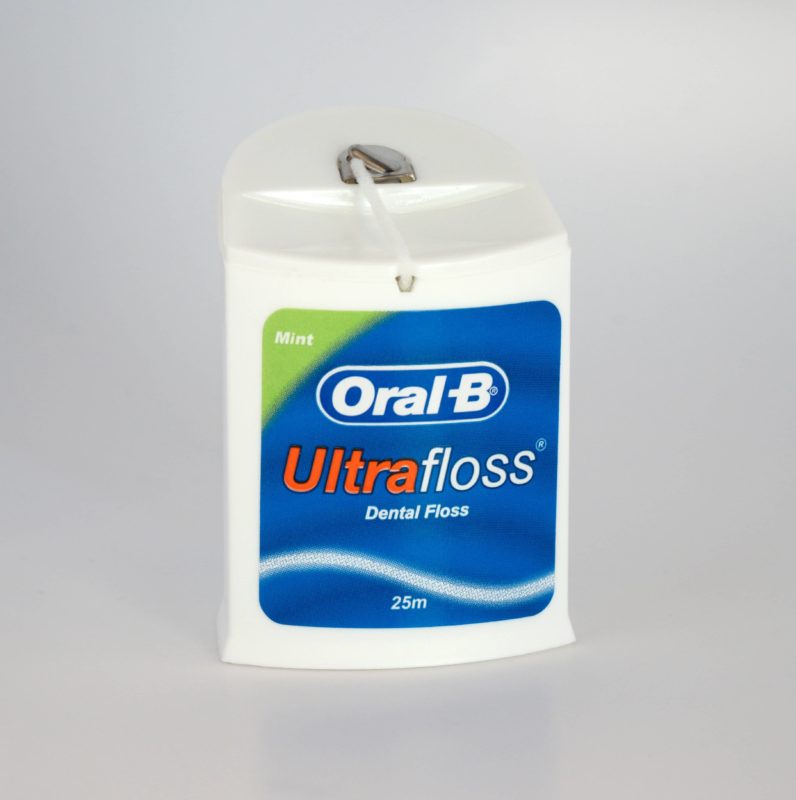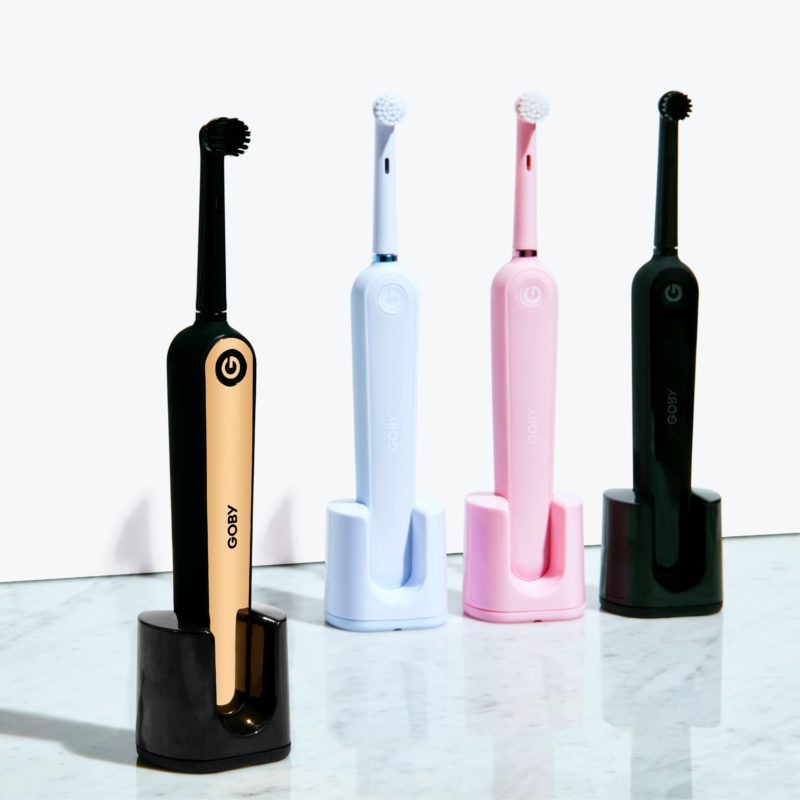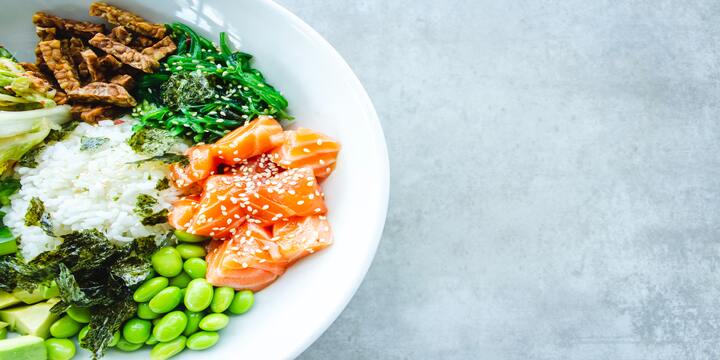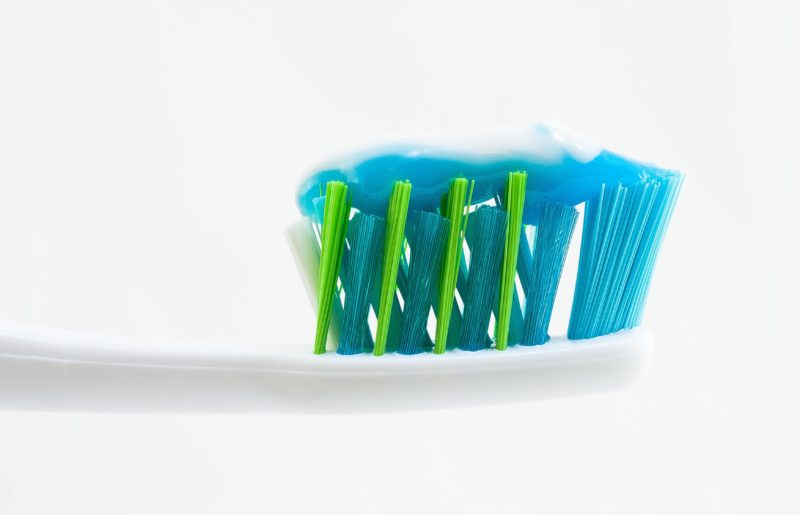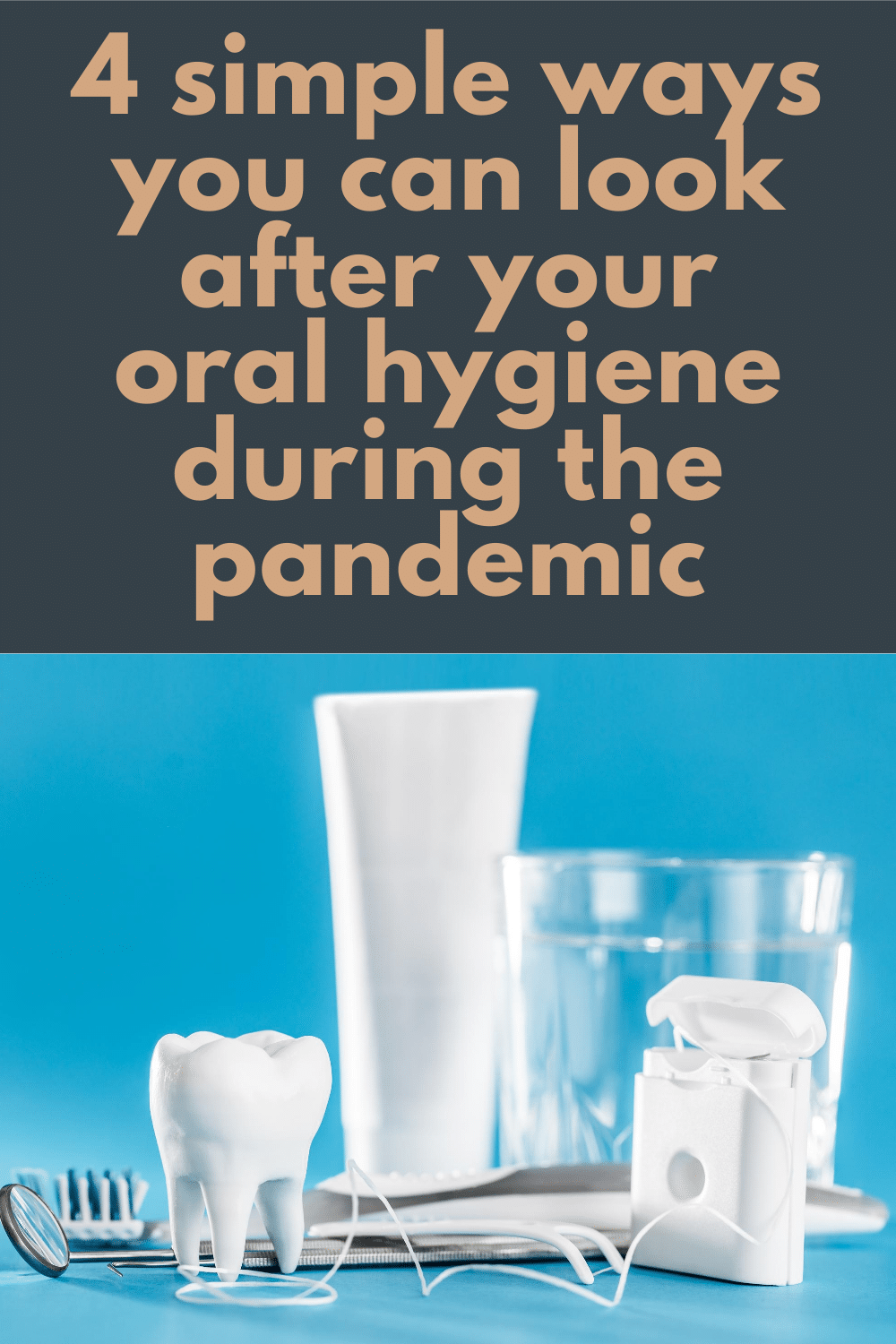Most of us probably agree that 2020 is one of the worst years we’ve had for some time. At the time of writing this article, COVID-19 casualties are over 700,000 globally. Unemployment numbers skyrocketed. Millions are struggling to make ends meet due to redundancies. During hard times, those who have fortunately managed to avoid the virus may face other challenges and they tend to put themselves lower on the priority list.
Oral hygiene and dental health are one of these things that suffer during this pandemic.
People are afraid to keep their dentist appointments; many postpone check-ups and deep cleaning even though these preventative measures for oral hygiene always save people from bigger complications in the long run.
Why maintaining good oral hygiene is even more important during the pandemic?
According to a British Dental research paper, there may be a connection between poor oral hygiene and the severity of SARS-CoV-2 infections.
How is that possible?
In short: the study examined complications of the viral infection among patients who were suffering from poor oral health and periodontal disease and found that the mouth’s microbiome can be flooded with bacteria responsible for cytokine formation.
These specific cytokines, which can be detected in the saliva, can reach the lungs leading to infection within them.
This study is yet another evidence for the mouth-body link the dental health community have been trying to educate patients on.
And to support their work and to cheer them on, we would like to contribute by listing these
4 simple dental hygiene tips
Interdental brushing & flossing
Normally, when you brush your teeth you only reach about 60% of your teeth. This obviously leaves a lot of areas not properly reached and cleaned which can end up being problematic over the long run.
This is why you must clean in-between the teeth either with floss or in-between brushes.
Remember that with both methods or tools you need to clean both left and right in between the teeth.
There are several excellent in-between brushes that you can get access to, make sure to have a chat with your dentist during your next visit to tap into his/her advice.
Since the gaps in-between your teeth will be varied you will most likely get a set of brushes that allow you to get the best reach and access inside your mouth.
Once you’ve gotten used to picking the right brush for the right area of your mouth/teeth, make sure you stick the brush in the gaps and brush with an inward and outward motion at least 6 times.
Don’t go too hard to avoid gum or enamel damage though.
As for flossing, this is also an area where the market has a range of options. If you’re nervous about hurting your gums, try going for the waxed ones first as they move a little bit easier in-between the teeth.
Once you’ve wrapped some floss on both of your index fingers, you can use insert it in between the teeth again, similar to how you would do it with an interdental brush.
Go easy and don’t apply too much pressure at the top where neighboring teeth contact one another, because when the floss slips all of a sudden, the next stop is your gum line and it may hurt or bleed.
The first couple of times your gums will bleed a little bit during flossing, which is entirely normal, don’t be alarmed. As you build up more practice and experience, you will limit any potential “bruising” done.
It is also important when flossing to scrape gently the side of both teeth in the gap you’re cleaning, then moving on and repeating the process for every teeth.
Electric brush usage
It is recommended that you use electric toothbrushes as the efficiency and thoroughness of these devices are better than that of the “manual” versions. Many of these modern toothbrushes contain features that also help you apply just the right amount of pressure on your teeth and gums.
Using an electric toothbrush is not just a gimmick. According to a study done by the Oral Health Foundation, people who have opted for an electric toothbrush were reported to have less gum recession and less tooth decay.
As technology evolves, the cost of these devices become less of an issue.
Minimizing sugar intake
It’s been proven many times that sugar is an excellent food and energy source for bacteria in your mouth which ultimately can lead to cavities and other problems.
It’s not necessarily the amount of sugar but the frequency of sugar intake that can do rather serious damage on your choppers.
The two bacteria that are mainly responsible for dental plaque formation and the conversion of sugar into “dental dynamite” are:
- Streptococcus mutans
- Streptococcus sorbrinus
When these bacteria are hard at work, they transform sugar into acid that is constantly damaging an otherwise very strong part of your teeth: the enamel
You will want to do everything in your power to limit how much ammunition you will give these bacteria and eat a more sugar-free diet which will not only help your teeth but will have a big knock-on effect on your body and health as well.
Rubbing and leaving fluoride-containing toothpaste on your teeth
You may have experienced sharp pain when you took a deep breath on a cold winter evening, sipped an ice-cold drink, or conversely enjoyed a little bit of your hot morning coffee.
This is, unfortunately, a sign of weakened enamel on some of your teeth which may sound a bit alarming, there is no need to panic just quite yet.
Since the majority of toothpastes available contain fluoride, a naturally occurring mineral that helps repair and reinforces this enamel, you can adopt a simple evening routine that can help with your sensitive teeth issue.
As part of your dental hygiene routine, once you have thoroughly brushed and flossed, you can rub some toothpaste on your sensitive teeth and leave it there overnight.
The fluoride content will slowly be absorbed and over time, you should see an improvement with your hot/cold drink challenge.
In conclusion
When the going gets tough, we tend to take some things for granted: like the health of our teeth.
It is ever more important to do everything in our power to prevent dental complications by looking at what eat, how we clean our teeth, and what tools we use to do that.
How do you ensure you have a healthy and brilliant smile?
References
- https://www.nature.com/articles/s41415-020-1747-8
- ORAL HEALTH FOUNDATION (2018) ‘National Smile Month Nationwide Survey 2019’, Atomik Research, May 2019, Sample 2,003.
Ben is a dental marketing consultant who is a bit of a dental hygiene nerd himself. Much of that stems from his vasovagal syncope-induced fear of doctors and dentists and while he is trying not to be a wuss nowadays, he prefers to exercise good oral hygiene and teach others to do the same.

